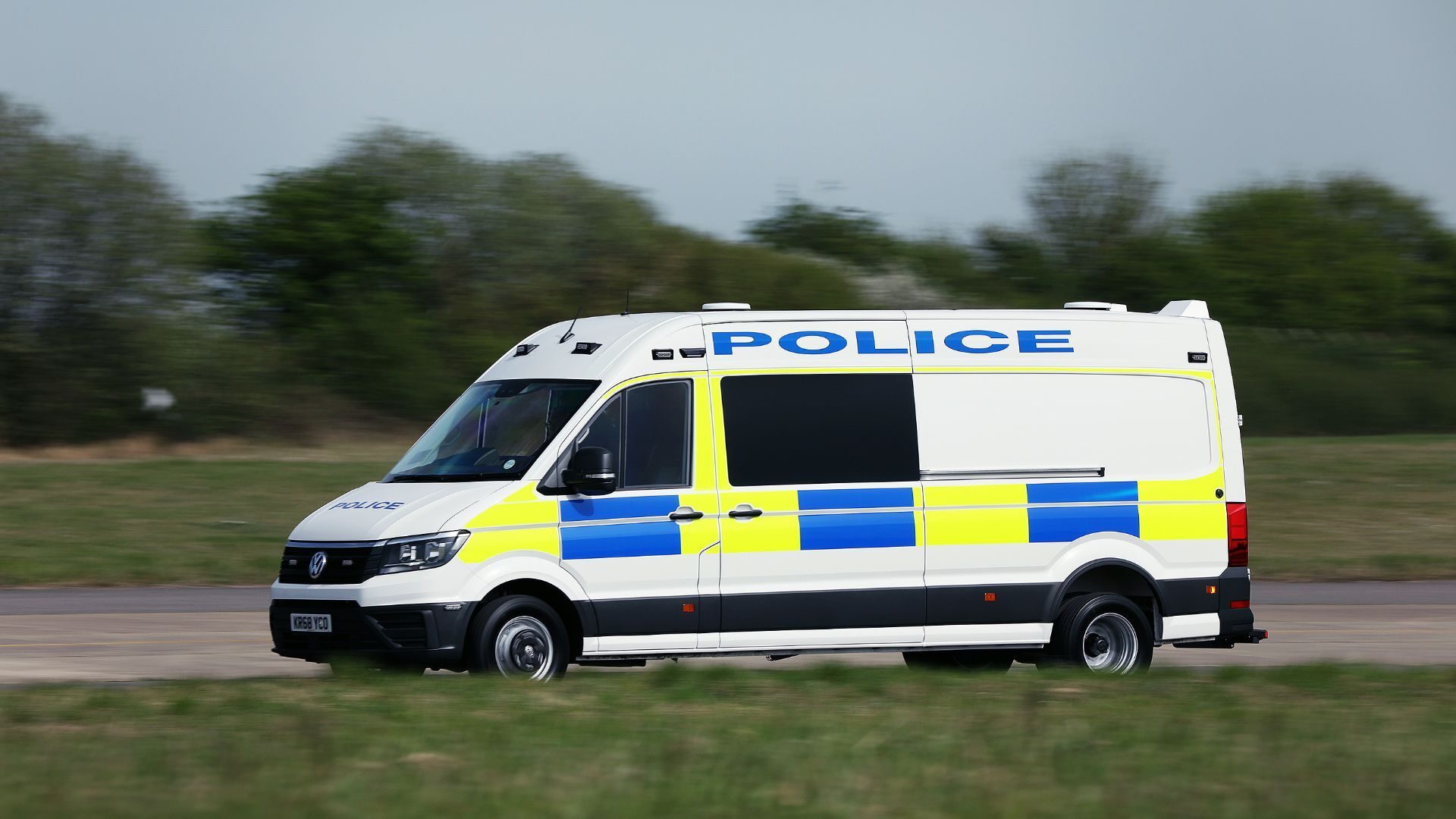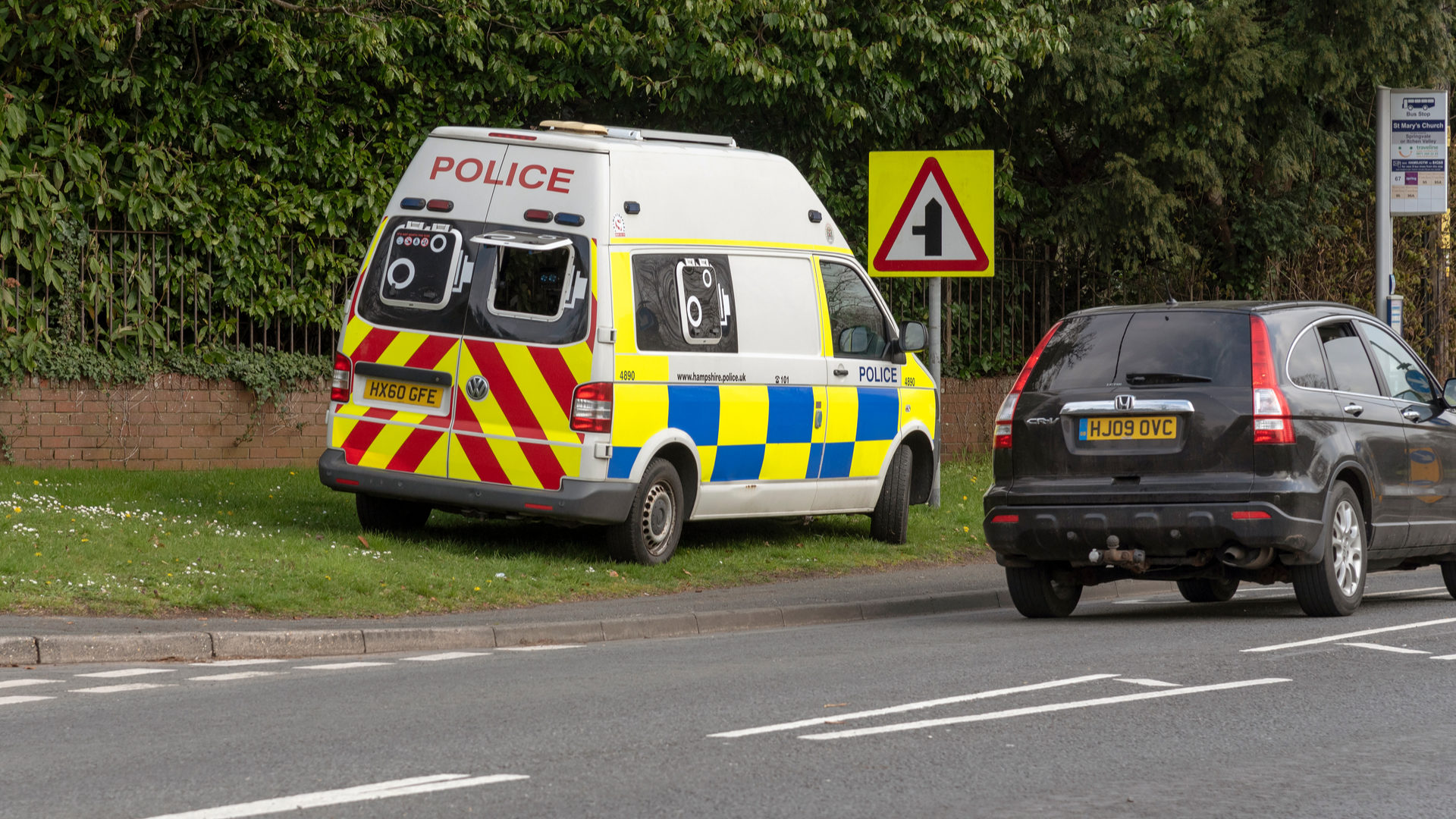
The majority of drivers believe motorists can ‘get away’ with offences due to a low number of police officers patrolling the nation’s roads.
That’s according to a survey by the AA, which questioned 15,500 drivers and found 74 percent believe it is too easy to avoid being caught.
Those surveyed said only one in six would likely be caught and punished for careless driving. Similarly, just a fifth would be caught for drug driving and a quarter would be caught driving without insurance.
The AA added a ‘worrying long-term trend of drivers thinking they can avoid prosecution has set in’, with the perception of being caught for an offence ‘barely moving’. The only exception is speeding, where drivers feel there is more chance of being caught now compared to 2017.
The AA said it is ‘concerned that the continuous low levels of expectation that law-breaking drivers will be caught may encourage others to drive in a dangerous manner’.
According to the poll, more than eight out of 10 drivers believe that having a more visible police presence would help make roads safer, though only a fifth said they were likely to see a police presence on their local roads compared to a quarter on motorways.
While the presence on local roads has remained the same since 2017, the perceived likelihood of seeing a police officer on a motorway has dropped from 29 percent, the motoring organisation reported.
‘More traffic cops needed’

“Drivers clearly feel that the lack of police officers on the roads means that the likelihood of getting caught for some major offences is hugely diminished. In order to achieve zero road deaths by the end of the decade, we need to do more to warn drivers that if they break the law they will be caught,” said Edmund King, AA president.
“With more than eight of out 10 drivers saying that a more visible police presence would help make roads safer, more cops in cars are needed to change the tide. We hope the response to the roads police consultation includes an ambitious plan to recruit more traffic cops in order to stop acts of bad driving early and before a fatal collision.
“There is also clear evidence that the most serious traffic offenders are much more likely to be involved in mainstream serious crime, and therefore targeting dangerous drivers helps reduce overall crime rates.”
ALSO READ:
Revealed: the UK’s most common driving offences